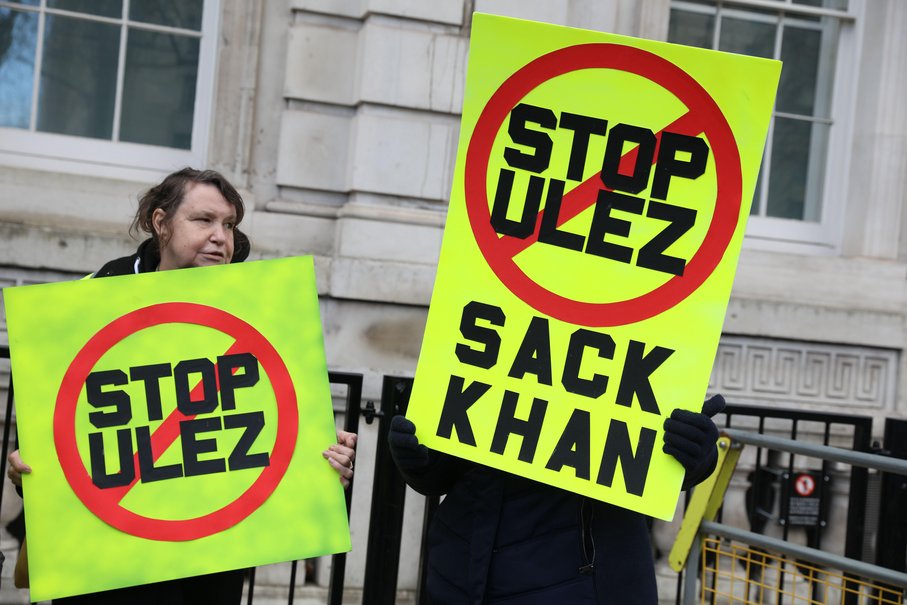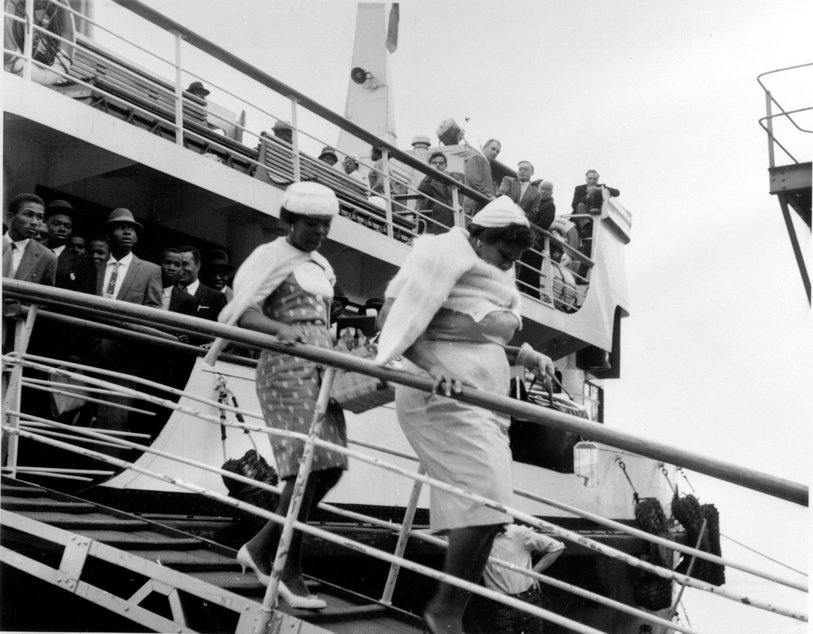Enough with "police statements" - show us the footage
After a video of a young London mother being handcuffed in front of her kid went viral, police issued a statement trying to paint their victim as the villain. This ritual needs to stop.
A handcuffed Black mother is being tussled by a group of police officers, even as her clearly traumatised son screams in despair. It’s broad daylight on a London high street. “You’re hurting my arm” she says, “what are you doing?”. Confused as anyone else by the melee, the passerby filming asks the arresting officer: “Can you tell me what she has done, please?”
Intoxicated with the pathetic arrogance that comes with power the police officer nonchalantly responds, “No”.
Moments later, it becomes clear why the woman had been handcuffed: £1.75, the cost of a London bus fare. The police suspected she was a fare evader; she denied it, and was cuffed and publicly humiliated for her trouble. It's official: £1.75 is worth traumatising a child over, and needlessly placing an innocent woman under arrest and in handcuffs.
And yes, we also know that she's innocent. After the video went viral, police released a statement accusing the entirely innocent woman of becoming “abusive” to and uncooperating with a fare inspector, saying she was arrested as a result. Buried beneath these as-yet unsubstantiated allegations is the fact that she was indeed found to have paid her fare.
Even if we were to take this statement at face value, a reasonable a officer practicing “community” policing by “consent” might, at most see a mother who is disturbed or in need of compassion or help - especially against the backdrop of the cost of living crisis; not a criminal to be arrested and subdued. But here is the key issue: we should never take police statements at face value.
On matters of police misconduct, the conflict of interest inherent to the police press release could not be starker
To many normal people (especially many a racist, when the situation involves a Black person) the police’s statement on an incident is gospel - the final say on a given matter. It transforms a potential victim of police misconduct or abuse of power into an outright villain.
Society - including most of the media - is conditioned to believe that the police are always right, always fair, always truthful and beyond reproach and politicisation. Hence, police statements are treated as objective fact or, at the very least, as legitimate opinion. They’re neither; they’re part and parcel of each incident and deserve to be interrogated as such. Each police statement should be followed up by detailed questioning from reporters, and if police refer journalists back to the original statement, this should be reported as “no comment.”
This goes beyond the media. Britain, like much of the Western world, has to unlearn its conditioning and learn the following eternal lessons:
The police press release is not an unbiased statement of fact. It should be seen as a PR damage limitation exercise, an advertisement released by the police to portray the police in the best light possible given the situation.
Therefore, any police statement or press release on matters of police brutality should be treated with supreme scepticism (as history teaches us) that they are highly unlikely to be true.
On matters of police misconduct, the conflict of interest inherent to the police press release could not be starker. And, in many situations, it could not be bloodier.
In 2011, a man called Mark Duggan was shot to death by the police as he exited a taxi on their orders. The police immediately went into a full blown cop-paganda operation, culminating in the portrayal of Duggan - a man who lived on a sink estate and had a trivial criminal record - as “among Europe's most feared and violent criminals”.
In the immediate aftermath of Duggan’s shooting the police released a Hollywood-worthy storyline about how “a police officer narrowly escaped serious injury when a bullet was found lodged in his radio after an exchange of fire during an attempted arrest.” The impression the public was given was that Duggan emerged from the taxi like the Terminator and opened fire on police, who in turn meekly, bravely and honourably returned fire. The reality is that the bullet found in the police radio was police-issued. Duggan did not fire on anyone, yet the damage was done - any risk of sympathy for a man who was just killed by the police evaporated… or so they thought. Days after his killing some of the worst riots for a generation kicked off, reflecting the fact that people no longer trusted the police.
From the utterly gruesome killing of Jean Charles de Menezes (in which practically everything alleged about him in formal and informal police statements turned out to be false) to the death of Ian Tomlinson, the police regularly cast themselves as angels when they have either abused their power or gotten things wrong. It is a critical part of how they manage the public perception of them and maintain some degree of moral high ground.
This is a problem that extends beyond London and the Met Police. Back in May, riots broke out in Cardiff after CCTV footage showed a police van had been pursuing two boys who then crashed their e-scooter and died. The initial police statement said there had been no pursuit. In America, when Derek Chauvin murdered George Floyd in cold blood by kneeling on his neck for over nine minutes – the police statement read: “Man Dies After Medical Incident During Police Interaction.” After this episode in particular the police press statement should have earned its infamy and redundancy.
It is 2023. In the age of social media, flawless information transfers as well as police body cameras, the police no longer need to release statements. They don’t need to tell us about, say, how “abusive” a person was, all they need to do is show us – unedited. Anything else runs the risk of being storified to portray the police in the best light and to sway public opinion. And when it is found to be untrue, it further damages the credibility of and consent to policing, which itself risks the security of all of us.
No one official proactively informed the public about the lady arrested on suspicion of evading a £1.75 bus fare (and her traumatised son): the people at the scene showed us. The police will continue to issue statements sidestepping, twisting or denying the factual. But they should no longer be allowed to mark their own homework.
-
Nels Abbey is a British-Nigerian writer, broadcaster, media executive and satirist.
The Lead is now on Substack.
Become a Member, and get our most groundbreaking content first. Become a Founder, and join the newsroom’s internal conversation - meet the writers, the editors and more.





